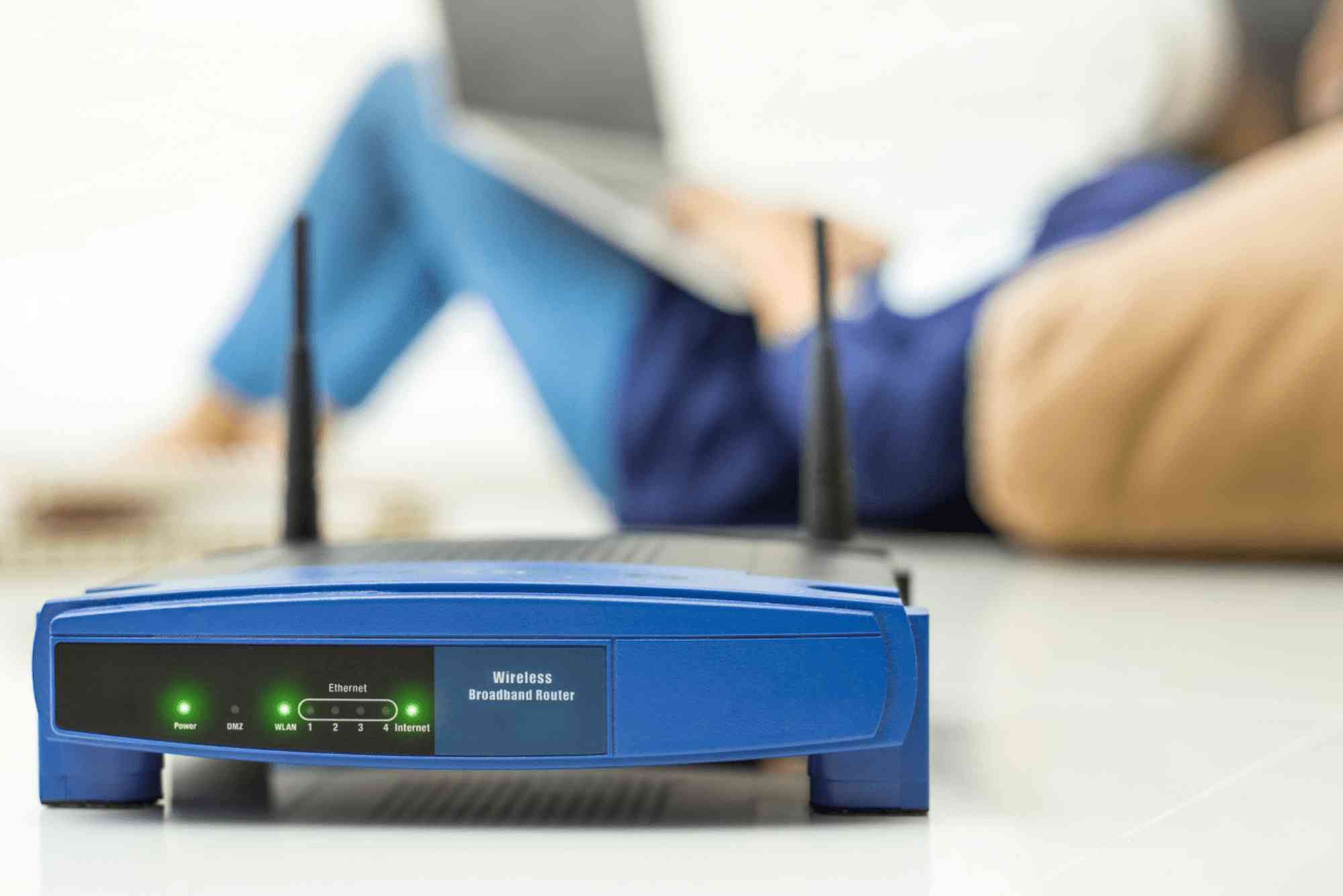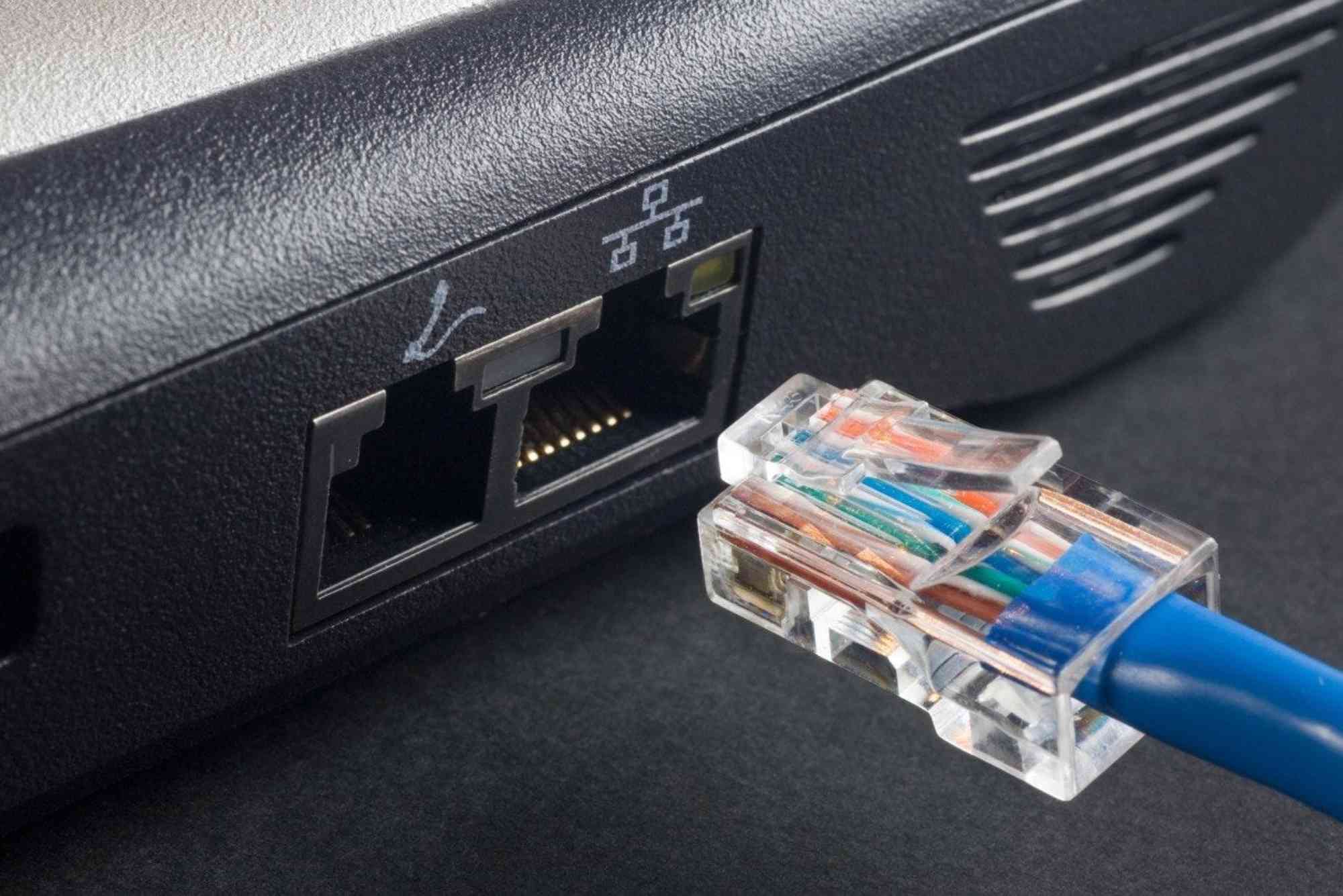How to Fix Frequent Internet Disconnections from Your ISP
A stable internet connection is essential for work, study, and entertainment. But nothing is more frustrating than constant drops in your connection. Many users struggle with this issue and wonder how to fix frequent internet disconnections without waiting endlessly for their ISP. The good news is that you can troubleshoot many causes on your own and improve your online experience.
In this guide, you’ll learn why your internet disconnects so often, how to fix it step by step, and when it’s time to call your provider.
Why Frequent Internet Disconnections Happen
Before you fix the issue, it’s important to understand the possible causes. Frequent disconnections usually stem from one of these problems:
-
Weak Wi-Fi signals due to distance or interference
-
Outdated modem or router firmware
-
Overloaded network with too many connected devices
-
Loose cables or faulty hardware
-
ISP outages or maintenance
-
Incorrect network settings on your computer or device
Identifying the cause helps you apply the right fix.
How to Fix Frequent Internet Disconnections
There isn’t a one-size-fits-all solution. Try these proven methods to solve the issue.
Check Your Hardware First
Start with the simplest step: inspect your devices.
-
Make sure all cables are tightly connected.
-
Restart your modem and router by unplugging for 30 seconds.
-
Place your router in a central location to avoid weak signals.
-
Avoid placing it near microwaves, cordless phones, or walls that block signals.
These quick checks often solve disconnection problems.
Update Your Router or Modem
Outdated firmware is a common cause of disconnections.
-
Log in to your router’s admin panel.
-
Check for software or firmware updates.
-
Apply updates and restart your device.
This improves compatibility with your ISP and reduces sudden drops.
Optimize Your Wi-Fi Settings
If your devices keep losing Wi-Fi, optimize the settings:
-
Use a less crowded channel (2.4GHz or 5GHz depending on range and speed).
-
Change the SSID (network name) to avoid conflicts with nearby networks.
-
Set a strong password to prevent neighbors from overloading your connection.
Reduce Network Overload
Too many devices streaming or gaming at once causes disconnections.
-
Disconnect unused devices.
-
Limit heavy downloads during video calls or meetings.
-
Use Quality of Service (QoS) settings in your router to prioritize important traffic.
Scan for Malware and Viruses
Sometimes, malware consumes bandwidth and causes network instability.
-
Run a full antivirus scan on all connected devices.
-
Remove unwanted software or background apps that drain bandwidth.
Check Your ISP’s Network
If you’ve tried everything but still face disconnections, the issue may be on your provider’s end.
-
Call your ISP to check for outages.
-
Ask if they can run diagnostics on your line.
-
Request a technician visit if problems continue.
For users looking for a trusted provider with reliable services, check out Dhanote Internet Services for better connectivity solutions.
Advanced Fixes for Persistent Disconnections
Sometimes basic fixes aren’t enough. Try these advanced steps if you’re still having trouble.
Change Your DNS Settings
Incorrect DNS can cause frequent drops.
-
Switch to Google DNS (8.8.8.8 and 8.8.4.4) or Cloudflare DNS (1.1.1.1).
-
Restart your connection to apply changes.
Replace Old Hardware
If your router or modem is more than five years old, consider upgrading. Newer models handle multiple devices and faster speeds better.
Use a Wired Connection
For critical tasks like gaming or remote work, use an Ethernet cable. Wired connections are more stable and less prone to interference.
Install a Wi-Fi Extender or Mesh System
If your house is large or has thick walls, dead zones cause frequent drops. A Wi-Fi extender or mesh system strengthens signals in every corner.
Preventing Future Disconnections
Once you’ve fixed the issue, take steps to prevent it from returning.
-
Restart your modem weekly to refresh the connection.
-
Keep your router firmware updated.
-
Monitor bandwidth usage with router tools.
-
Choose a reliable ISP that offers consistent service.
Providers like Dhanote Internet Services offer dependable solutions to reduce the chances of frequent interruptions.
FAQs on Fixing Frequent Internet Disconnections
Why does my internet disconnect every few minutes?
This usually happens due to weak Wi-Fi, outdated firmware, or ISP issues. Restarting your router often helps.
How can I tell if the problem is with my ISP?
If multiple devices disconnect at once, and basic fixes don’t work, the issue likely lies with your ISP.
Does using too many devices cause disconnections?
Yes, when too many devices stream, download, or game, the network becomes overloaded and unstable.
Should I replace my router if it keeps disconnecting?
If your router is old, overheating, or incompatible with your ISP’s speeds, replacing it is the best option.
Can VPNs cause frequent internet disconnections?
Yes, VPNs may cause instability if servers are overloaded or if the encryption slows down your connection.
Frequent internet disconnections disrupt work, study, and entertainment. By checking your hardware, updating your router, optimizing Wi-Fi settings, and monitoring bandwidth, you can solve most problems yourself. If the issue continues, your ISP may need to step in.
A reliable connection makes all the difference in today’s digital world. If you’re tired of constant interruptions, consider switching to a more stable provider like Dhanote Internet Services to enjoy uninterrupted browsing and streaming.







